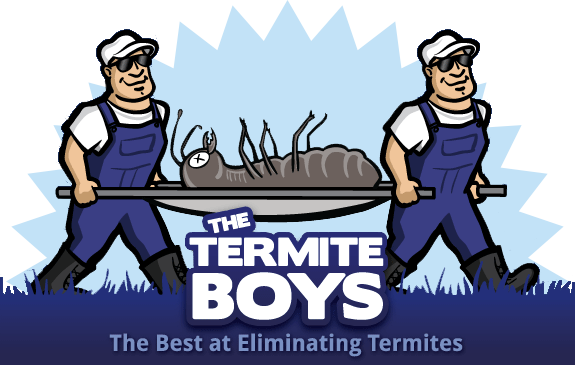One of the greatest sources of knowledge about ancient creatures is fossilized amber, and a new found piece contains 100-million-year-old fighting ants and worker ants along with giant soldier termites. This piece of amber proves that sociality in ants and termites is at least a few tens of millions of years earlier than our previous estimations based on fossil records.
Advanced sociality has allowed insects such as ants and termites to survive for this long, and, more importantly, to adapt to a wide variety of environments. Given a new set of fossilized amber pieces that have been discovered in Myanmar, researchers believe that eusociality in insects may be older than 145 million years.
Eusocialiaty, or advanced sociality, is defined by a few factors, one of which is specialized reproduction. In ant and termite colonies, you have a caste system, with multiple castes handling the daily affairs of the colony, and only one of them being tasked with reproduction. That’s why you have queens and reproductive males inside termite and ant colonies, while workers and soldiers handle the maintenance and protection of the colony.
This new set of amber pieces contained not only the termites and ants, but also evidence that they were part of an eusocial order. There were six different species of termites in the amber, with two of them being previously unknown: Gigantotermes rex, of which they found a gigantic termite soldier at about an inch in length with a large half an inch head, and Krishnatermes yoddha, of which were preserved soldiers, workers and reproductives.
All the insects showed signs of eusociality, including the presence of castes, multiple workers in a single piece of amber, and two worker ants of separate species that were engaged in combat. Combat behavior is a particularly strong sign of eusociality, since wingless, solitary ants never fight to defend or attack territory. Eusocial species, even in the modern days, engage in all out war routinely.
So we can see that termites have been around for a long time, which means that we can expect them to stick around, if they are left to their own devices. A termite infestation will not go away on its own, until it has devoured all the food in a location. This is why it’s important to get rid of an infestation right away. Contact us today for termite control services.

